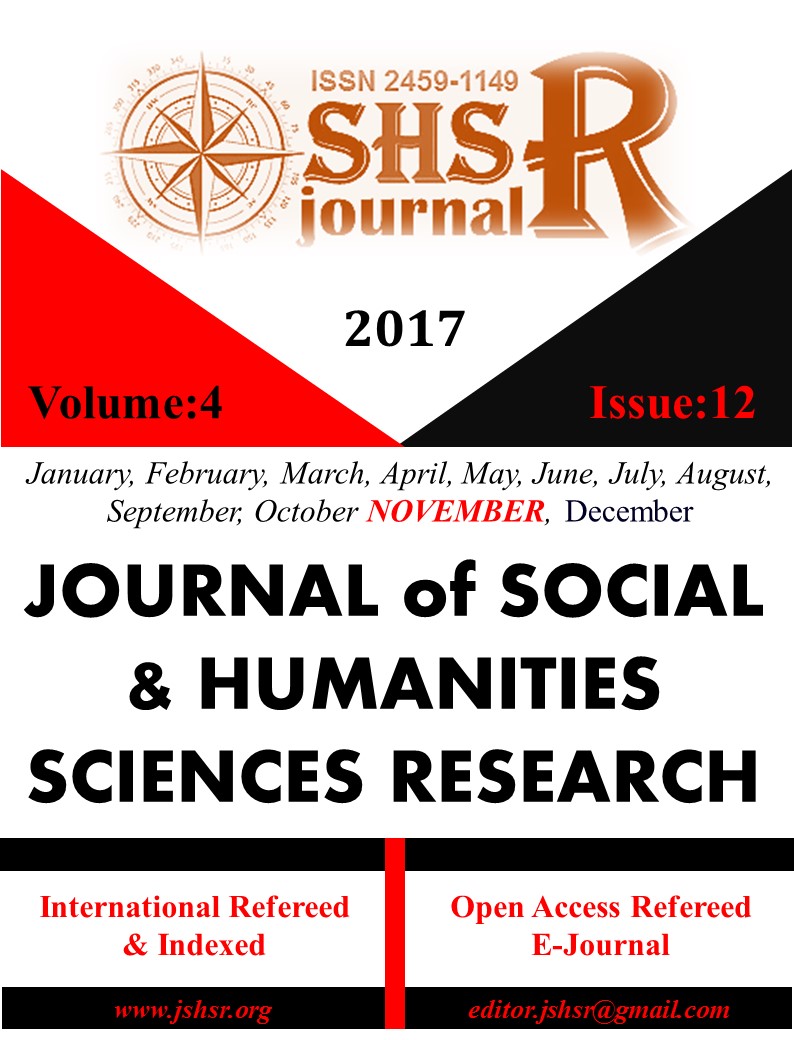LIFELONG LEARNING: NOT A 21ST CENTURY, BUT AN OMNITEMPORAL SKILL
DOI:
https://doi.org/10.26450/jshsr.207Keywords:
Lifelong learning tendency, Foreign language learning, Adult educationAbstract
As humans, we have various needs, and one of these needs is undoubtedly learning. Learning never ceases as we continue our lives; what is more, it is learning that helps humans improve their lives. It also gains more importance in achievement situations. Therefore, the present study investigates the lifelong learning tendencies of university students. To go into detail, it aims to identify lifelong learning dispositions in terms of learning foreign language. Since lifelong learning skills occupy great significance in adult education, participants were composed of university students in their 1st, 2nd, 3rd and 4th years. The data were gathered through Lifelong Learning Tendency Scale and grid table designed as qualitative instrument to elicit students’ lifelong learning propensities. Therefore, mixed research design was used in this study. The study provided insights into the lifelong learning tendencies from language learning aspects and implications for both students and instructors
Downloads
Published
How to Cite
Issue
Section
License
Copyright (c) 2017 INTERNATIONAL JOURNAL OF SOCIAL HUMANITIES SCIENCES RESEARCH

This work is licensed under a Creative Commons Attribution 4.0 International License.


